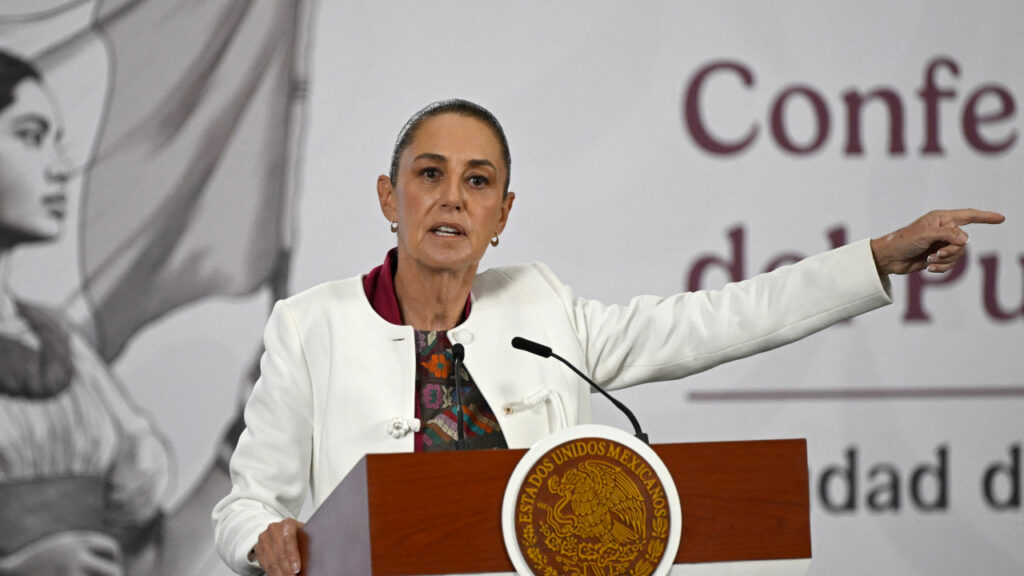
A Latino Man Is Trying to Revive a 19th-Century Law to Undermine Telehealth Abortion Rights Nationwide
Jerry Rodriguez, a Galveston man, filed a federal wrongful death lawsuit against California doctor Remy Coeytaux. He claims the physician mailed abortion medication to his girlfriend, leading her to end two pregnancies in 2024. Rodriguez now says his girlfriend is pregnant again and insists he fears her estranged husband will pressure her to have another abortion.
But Rodriguez isn’t stopping at personal claims. In his filing, he demands an injunction on behalf of “all current and future fathers of unborn children in the United States.” With one case, he’s trying to place women’s reproductive rights in the hands of men who call themselves victims.
Abortion pills under fire through a forgotten law
At the center of Rodriguez’s lawsuit is the Comstock Act, a 19th-century anti-obscenity law. The law banned mailing pornography, contraceptives, and abortion-inducing drugs. While most of it was repealed in 1971 and the rest has sat dormant for decades, attorney Jonathan Mitchell, who helped craft Texas’s six-week ban in 2021, is now attempting to revive it.
“Assisting a self-managed abortion in Texas is an act of murder,” Rodriguez claims in his complaint. He is seeking at least $75,000 in damages..
Shield laws meet Rodriguez’s abortion playbook
California, where Coeytaux practices, has a shield law meant to protect providers who mail abortion pills across state lines. Legal experts told the Texas Tribune that federal judges could still take those protections into account, complicating Rodriguez’s case. Rachel Rebouché, dean of Temple Law School, called the filing “a playbook of the anti-abortion movement’s various strategies,” from wrongful death claims to Comstock to class actions for “all fathers.”
Coeytaux has not commented publicly, but under California law, his medical license remains protected.
Why this lawsuit feels bigger than $75,000
This case is not just about Rodriguez’s personal grievances. It is part of a broader push to test how far anti-abortion activists can go to undermine telehealth abortions. The Texas Tribune reported that state-level lawsuits have hit barriers when shield laws in places like New York blocked Texas rulings. Filing in federal court could bypass those hurdles and open the door for nationwide challenges.
As The Guardian explained, anti-abortion activists have even encouraged men to sue over their partners’ abortions. Rodriguez has taken that invitation and elevated it into a bid to reshape abortion rights around male entitlement.




